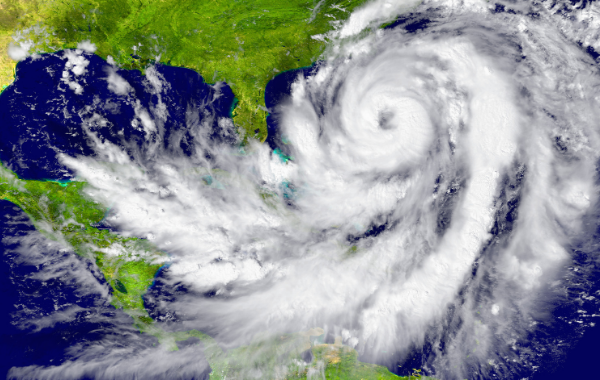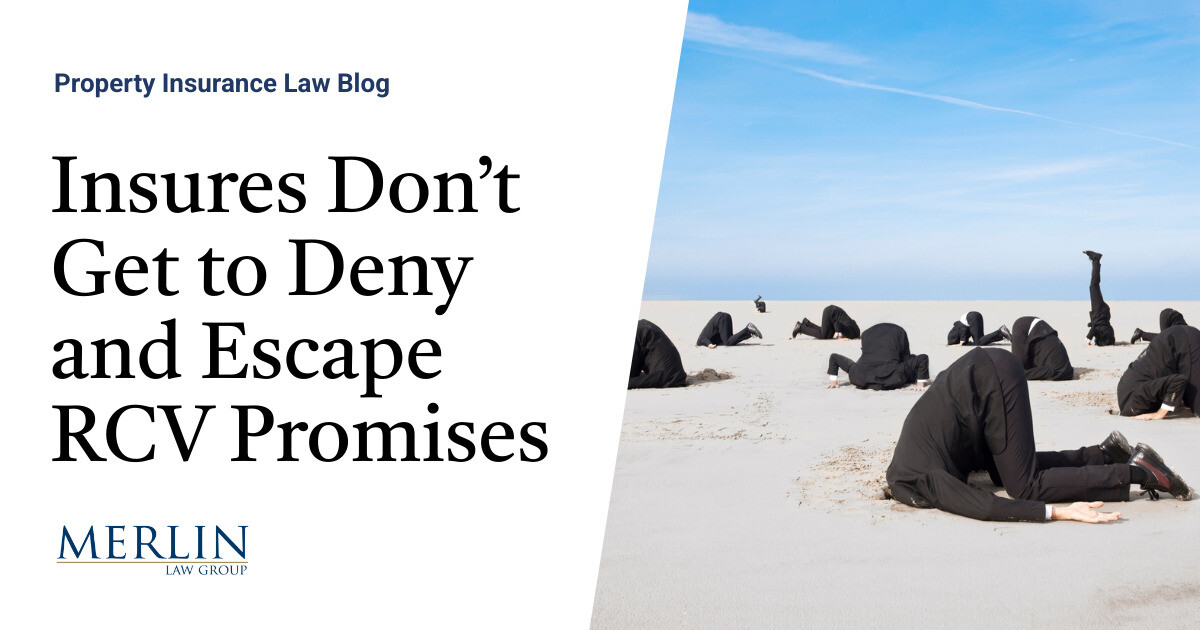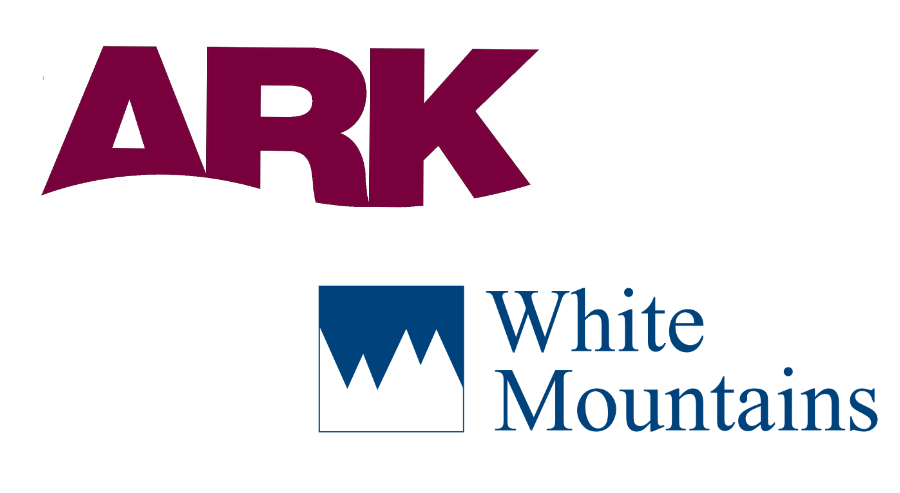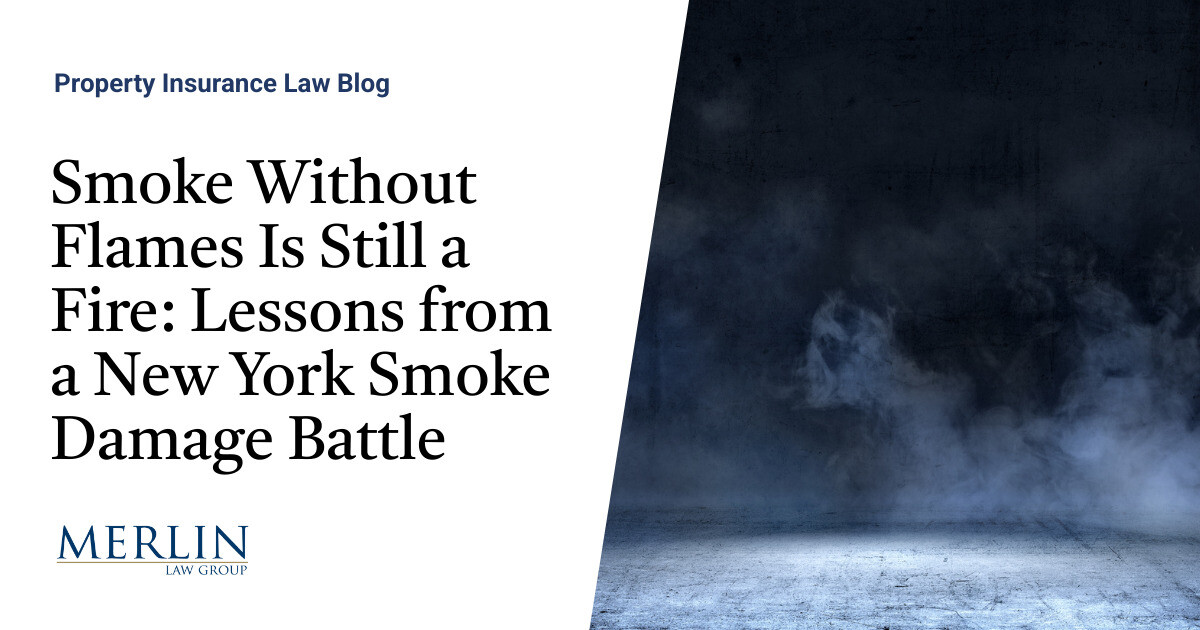
Hurricane season is here. Meteorologists are at work and love to make predictions about how many hurricanes will make landfall and their potential severity. People in high-risk areas will be directly affected, of course, but everyone still needs to pay attention.As we have witnessed in recent years, hurricanes can travel upward through non-coastal states causing flooding and wind damage.And this season presents an extra challenge: the Coronavirus.
“Hurricanes and COVID-19 are not a good mix,” says catastrophe modeling firm Karen Clark & Co., warning that the pandemic will make what meteorologists already are predicting to be an above-average hurricane season even more difficult.In a recent Insurance Journal report, Karen Clark & Co.highlighted the negative impact social distancing will have on preparation, evacuation, claims adjusting, and reconstruction during the upcoming hurricane season.
Here are some highlights from the article: Social distancing measures could hamper the normal hurricane preparation of home and small business owners, leaving properties less protected against storms.Evacuations may be particularly complicated this year as the inland hotels or shelters set up by the Federal Emergency Management Agency (FEMA) and local governments can quickly become overcrowded, making them ideal grounds for transmission of the virus.It will also complicate claims adjusting this year, as will the need for personal protection equipment (PPE), more expensive lodging, and other restrictions specific to COVID-19.
More shelters may be needed and emergency planners will need to decide whether to establish separate shelters for those confirmed or even suspected to be infected with COVID-19.COVID-19 is new to us, but we have experienced hurricanes in our lifetime.We may hear weeks in advance that a potential hurricane or tropical storm is brewing, or it can frighteningly develop overnight.
With 2020’s season looming, here are some precautions to take for preparedness: If you live in a flood-prone area, it’s important to know your flood zone. This will help you understand how vulnerable you are to storm surge, flooding, and wind. Please refer to the FEMA website for more information.Develop and maintain a family disaster plan.Review your insurance policies and understand any coverage you might have for hurricane-related losses.
For more information on purchasing or renewing flood insurance, refer to FEMA’s National Flood Insurance Program.Have a plan for your pets. They are not permitted in American Red Cross shelters, so plan early so your pet will be cared for in the event of an emergency.Prepare and maintain an emergency supply kit. In should include non-perishable food items and batteries. Make sure it will last up to two weeks after a hurricane.
Take pictures or a video inside and outside your home including your personal belongings.Keep important documents in a safe place, preferably a waterproof container.Here are some mitigation tips to protect your home: Protect doors and windows with gable vents with shutters to keep water out. Garages should also be shuttered or braced.
Secure roof shingles. Identify and fix missing, broken, or damaged shingles before a storm is imminent. Use a licensed contractor to assist.Seal holes, cracks, and openings with caulk where wires, cables, and pipes enter your home.Keep trees and shrubs trimmed and remove yard objects.
Make sure your generator is working properly. Have extra fuel on hand to help keep it going during and after a hurricane or storm.Following these steps can help you, your family, and your home stay safe. If you are facing a catastrophic event, it’s best to follow the advice of your local law enforcement if an evacuation is necessary. Stay safe everyone!
Blog originally published in August 2019.Share this:FacebookTwitterLinkedInMoreEmailPrintLike this:
Publisher: Central Insurance Companies








